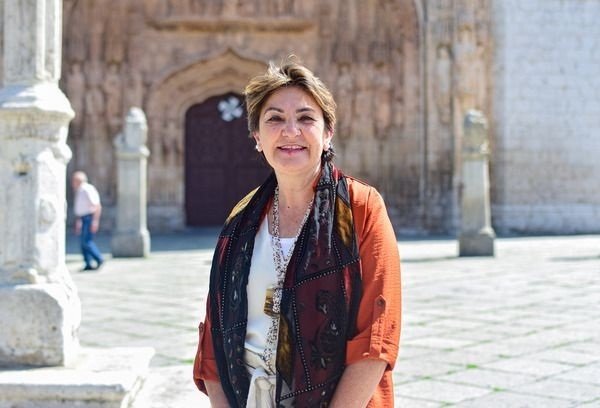Following the prompting of St Josemaria, in 1960, a group of women from different countries (America, Ireland, Portugal and Spain) took on the task of promoting the universal call to holiness in Africa. Their task was, through education, to make the Kenyan society a more Christian people. St Josemaria’s vision and hope in the Kenyan people, on the verge of attaining independence has borne fruit in the lives of thousands of families who have come into contact with the initiatives that were established to empower the African woman and subsequently, to impact the entire society.
In 1987, Maria, a nurse from Valladolid relocated from Spain to Kenya. Recently, on a trip to Spain, she had an opportunity to reflect on this amazing journey that has spanned almost four decades. “I was very young when I arrived in Kenya. I was grateful that from the beginning, I did not feel alone. Immediately I realized that I was another link in a chain and would be picking the baton from many brave women who worked from the first moment to bring the message of Opus Dei to Africa.” The warm welcome that she received enthused her and made it easy for her to give herself. She settled quickly and her new country stole her heart. When she speaks, you can tell that her Spanish accent has softened. You may even notice that at times, when speaking in her native language, she translates from English. She especially appreciates the simplicity of life and the good humor of the Kenyan people. “Here in Kenya, I have learnt so much, almost everything I know” she says.
Maria set aside her nursing profession and dedicated herself to education. She is passionate about the wellbeing of Kenyan youth and oversees the formation of the young women in Kianda School. As part of her work, she traveled to Spain to take part in a training on the management and support of young people in matters of mental health. “I would like to provide the youth with tools to grow in for self-esteem, emotional management in an ever more digital environment. My dream is that the young people and their families are enabled to face adolescence as an opportunity for a healthy, integral growth,” she asserts.
Kianda Foundation was established in 1961 to promote interracial education and provide the country with well-trained local professionals. The Foundation has since then initiated numerous projects centered on the African woman, which strive to maintain a multiethnic, multiracial and interreligious diversity, without losing their Christian and universal character.
